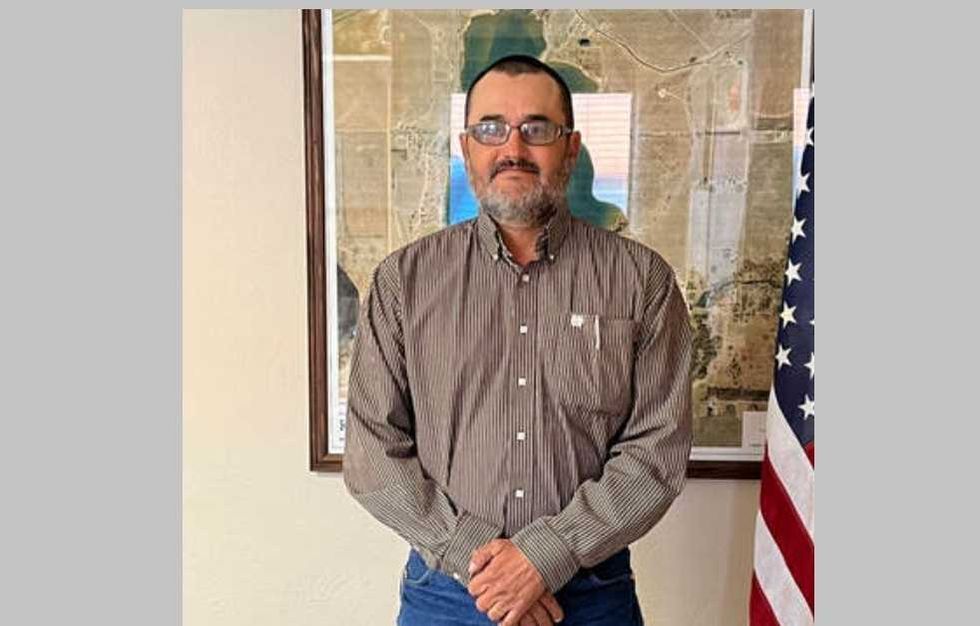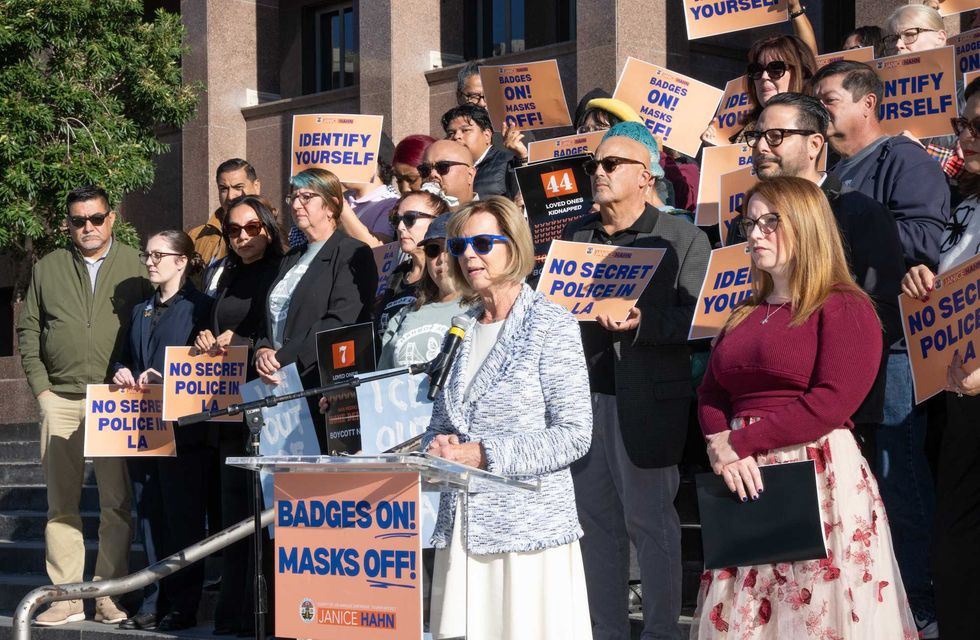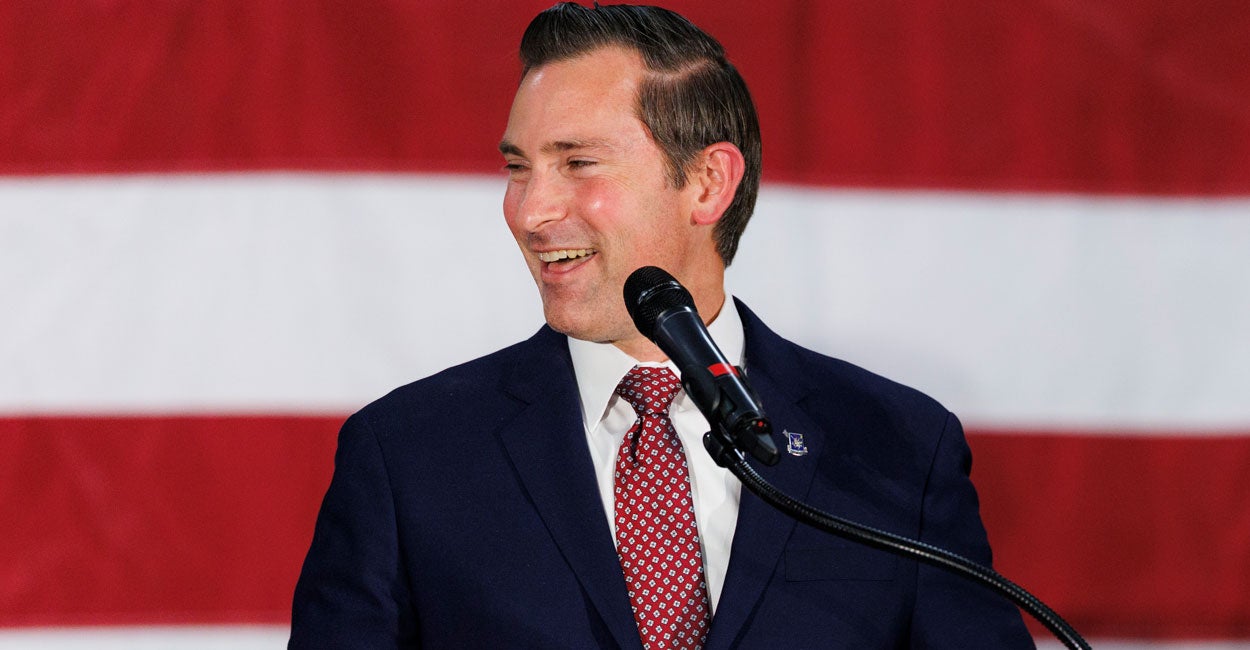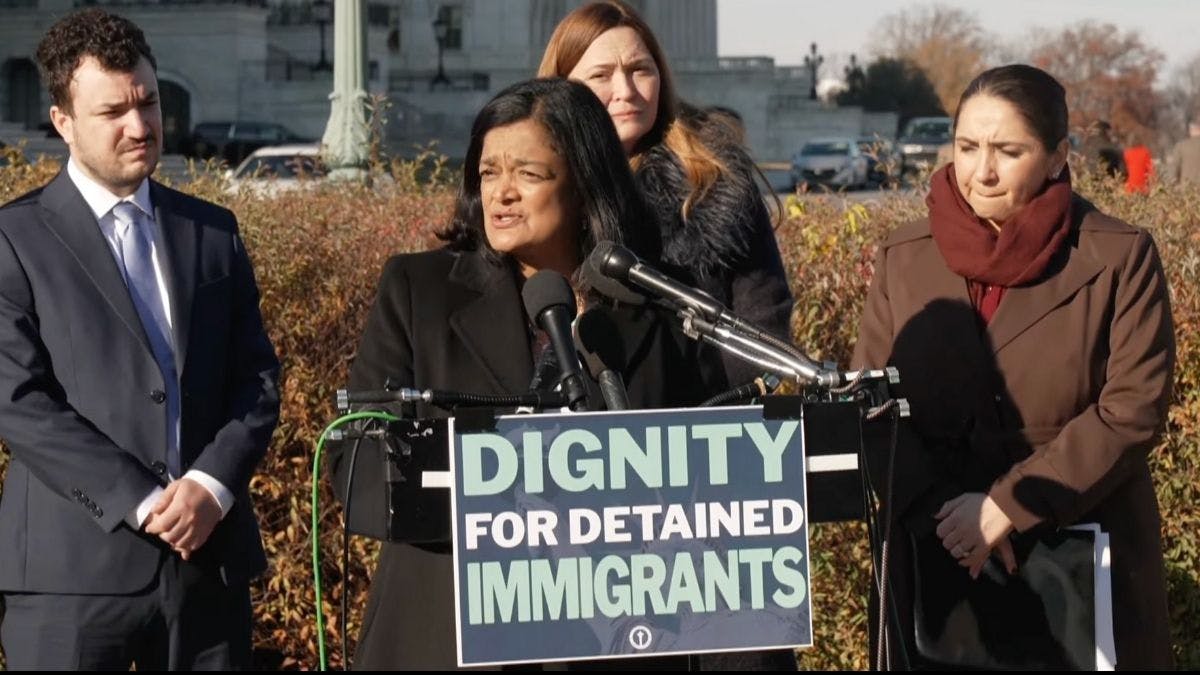New York’s Assisted-Suicide Bill Is a Tragedy, Not a Triumph
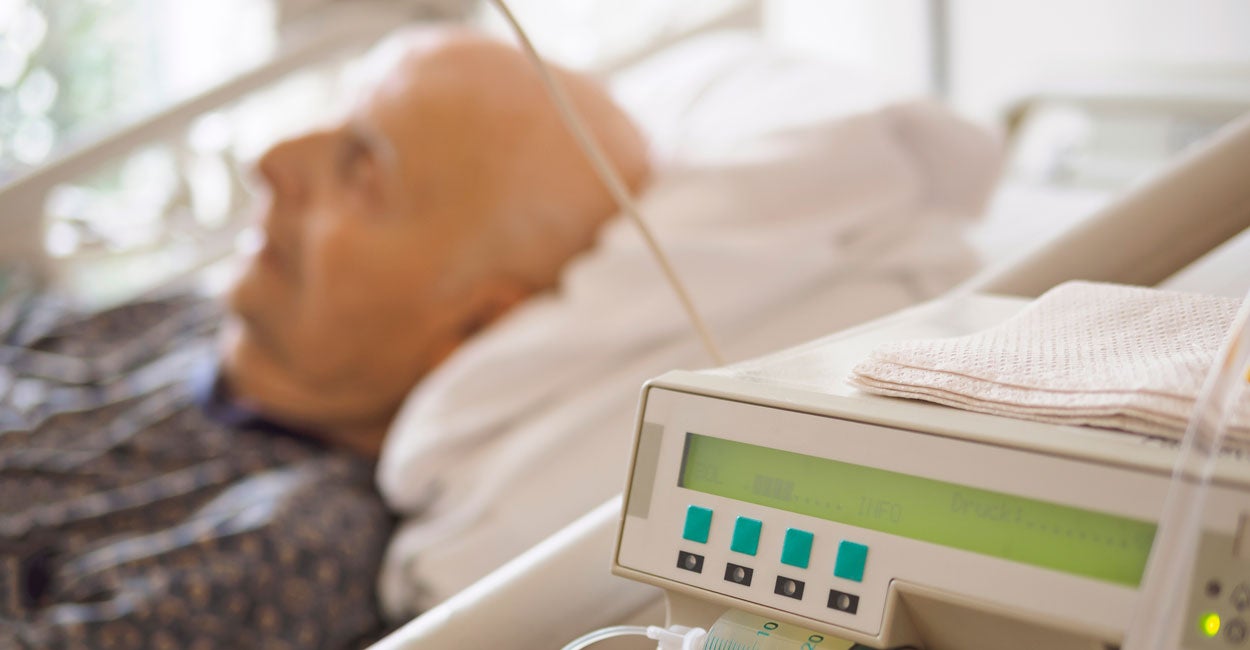
If New York Gov. Kathy Hochul signs a state Medical Aid in Dying Act into law, there will come a time when we will look back on this week with deep regret.
We’ll see it not as a triumph of compassion, but as a failure of courage, ethics, and love.
On Monday, the New York state Senate passed legislation to legalize assisted suicide by a vote of 35 to 27. With just six Democrats joining Republicans in opposition, the Medical Aid in Dying Act now moves one step closer to becoming law and making New York the 12th state in the nation to legalize assisted suicide.
But what sets New York apart is not progress. It’s recklessness. This bill has some of the loosest safeguards in the country, stripping away even the bare minimum protections seen in other states.
There is no mandatory waiting period. No requirement for in-person evaluations. Mental health screening is only required if a doctor suspects impaired judgment, which, given that evaluations can be done virtually, opens the door wide to inaccurate diagnoses. New York’s bill allows for assessments over Zoom and no follow-up.
There is no requirement for physicians or pharmacists to report cases to the state.
Supporters insist the law is only for those near death, those with terminal diagnoses who are suffering. But we’ve heard this all before. We’ve seen what happens when assisted suicide becomes legal. In countries such as Canada and the Netherlands, eligibility quickly expanded beyond the terminally ill.
In the Netherlands, assisted suicide accounts for nearly 6% of all deaths, and proposals have been floated to allow otherwise healthy seniors over the age of 75 to request assisted suicide after six months of counseling. In Canada, officials have documented cases of patients seeking death not due to pain, but because of poverty, loneliness, or fear of becoming a burden to others.
But there is another cost to this bill. The erosion of something deeply precious; namely, our culture of care.
My mother worked in hospice care for years in Westchester and the Bronx. It was hard, unglamorous work—physically exhausting, emotionally raw, and often unfolding in the quietest, most sacred corners of people’s lives.
She sat with the dying in the middle of the night. She answered urgent calls at 2 a.m., sometimes driving through snowstorms and summer heat waves to be at a bedside as someone took his or her last breath.
Her patients came from every part of society. She treated people from old-money families in historic mansions in Bronxville. And she treated people from no-money families in the housing projects, where dangerous streets meant a son or neighbor would escort her back to her car after dark.
But despite the enormous differences in wealth, education, and background, those families had something profound in common.
They showed up. They made space. They rearranged their lives to care for someone they loved.
And it wasn’t easy. Most of them weren’t expecting it. Few were trained for it. But they took on the sacred responsibility anyway. They bathed their loved ones, managed pain medication, and sat with them through the long, quiet hours of dying.
Many were holding down jobs or raising kids at the same time. But they still chose to do it. To serve. To love.
My mom always said that these were some of the best people she’d ever met. Not because they were perfect, but because they focused on others and didn’t look away. They leaned in. They saw that a life’s final chapter deserved dignity, even if it came at personal cost.
That is what death with dignity looks like—not a video call with a distant doctor, but a life ending in the arms of those who care. A family bound together in service and sacrifice. A culture that remembers what it means to love until the very end.
This New York bill doesn’t offer dignity. It offers escape. And it teaches the next generation that death is preferable to dependence, that needing help is shameful, that providing care is burdensome.
We will come to see the cost of this legislation in the years to come—in the isolation of the elderly, in the erosion of family bonds, in the loss of those small, everyday acts of heroism that keep love alive in a culture drifting toward indifference.
There are proactive steps we should be taking on behalf of the dying and the seriously ill, but the Medical Aid in Dying Act isn’t it. We should be fighting for better pain management, for stronger hospice systems, for support for families, for more affordable nursing homes, and for better mental health care.
Because in the end, how we care for one another defines who we are.
We publish a variety of perspectives. Nothing written here is to be construed as representing the views of The Daily Signal.
The post New York’s Assisted-Suicide Bill Is a Tragedy, Not a Triumph appeared first on The Daily Signal.
Originally Published at Daily Wire, Daily Signal, or The Blaze
What's Your Reaction?
 Like
0
Like
0
 Dislike
0
Dislike
0
 Love
0
Love
0
 Funny
0
Funny
0
 Angry
0
Angry
0
 Sad
0
Sad
0
 Wow
0
Wow
0
